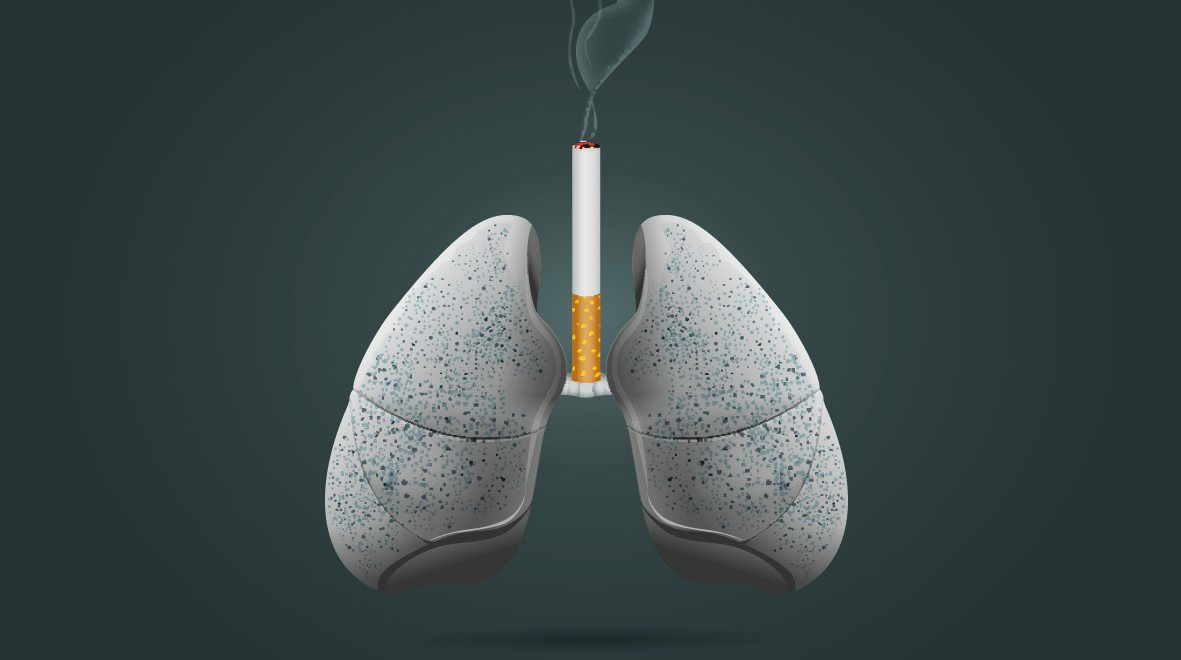Going with our guts to find new treatments: faecal microbiota transplantation at Imperial

Dr Ben Mullish and Dr Julie McDonald explore the ins and outs of faecal microbiota transplants – it may sound unpleasant but this procedure is proving to be an effective way of treating chronic gut infections.
Most of us can name (or may have had first-hand experience of) a number of different bacteria that can cause serious gut infections, such as Salmonella or Campylobacter. However, what is less well-known is that we also have billions of bacteria living in our guts that normally do us no harm at all. Some actually have important contributions towards our health – including prevention of bacterial pathogens entering our gut and causing infections. Collectively, this huge population of microorganisms living inside our digestive tracts is often referred to as the ‘gut microbiota’. If anything happens to us that disturbs or kills off members of this gut microbiota – such as exposure to antibiotics, or surgery – then we have greater vulnerability to gut infections, and particularly from a form of bacteria called Clostridium difficile. (more…)


 For World No Tabaco Day 2017, researchers from Imperial’s Muscle Lab provide an insight into how smoking takes its toll on our lung health.
For World No Tabaco Day 2017, researchers from Imperial’s Muscle Lab provide an insight into how smoking takes its toll on our lung health.